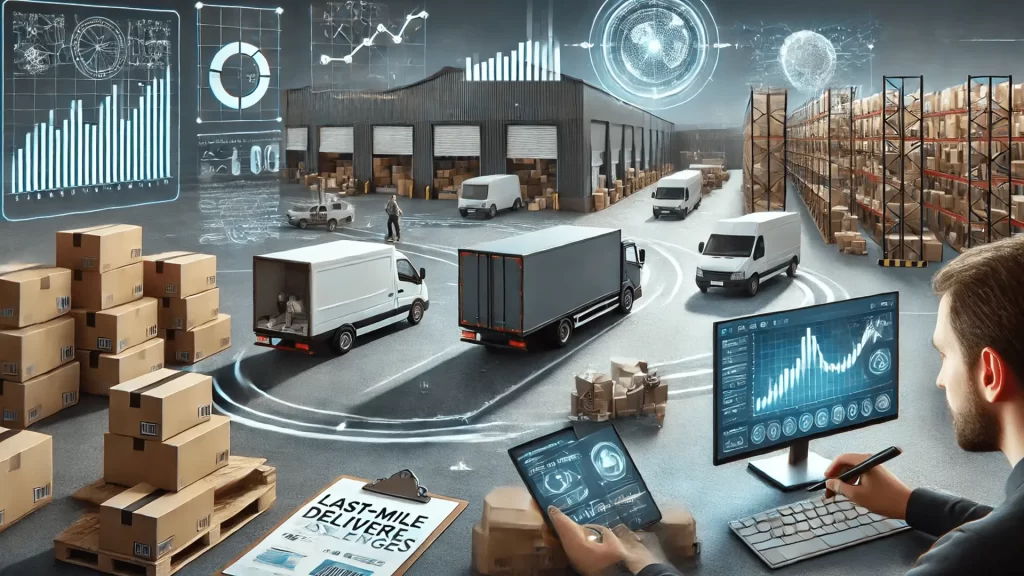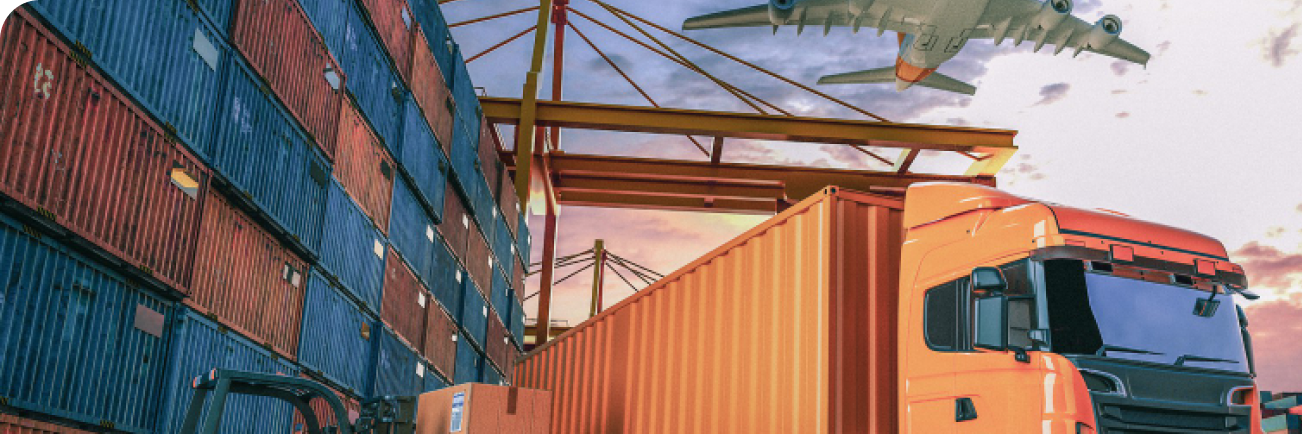In the competitive world of retail, getting the right products to the right customers at the right time is crucial. This complex process, known as retail logistics, is the backbone of the retail industry. But what exactly is retail logistics, and why is it so important? In this blog, we’ll delve into the core aspects of what is retail logistics, its components, and its significance in today’s market.
What is Retail Logistics?
Retail logistics encompasses the planning, implementation, and control of the efficient movement and storage of goods from the point of origin to the point of consumption. It involves a wide range of activities, including inventory management, warehousing, transportation, and distribution. The goal of retail logistics is to ensure that products are available to customers when and where they want them, all while minimizing costs and maximizing efficiency.
Retail logistics is a subset of logistics that focuses on the movement of goods in the retail sector. It includes a variety of processes and strategies designed to streamline the supply chain, reduce costs, and improve customer satisfaction. The key components of retail logistics are:
1. Procurement:
- Supplier Relationships: Building strong relationships with suppliers is crucial for ensuring a steady supply of goods. Retailers must negotiate favorable terms and conditions, manage lead times, and ensure the quality of products.
- Inventory Management: Effective inventory management is vital to avoid stockouts and overstock situations. Retailers use various techniques, such as just-in-time inventory and demand forecasting, to maintain optimal stock levels.
2. Warehousing:
- Storage Solutions: Warehousing involves storing products until they are needed for sale. This includes maintaining the right storage conditions to preserve product quality and implementing efficient picking and packing processes.
- Distribution Centers: Distribution centers play a crucial role in retail logistics by acting as hubs for receiving, processing, and shipping products to retail stores or directly to customers. These centers are often equipped with advanced technology to streamline operations.
3. Transportation:
- Shipping and Delivery: Transportation involves moving goods from suppliers to warehouses and from warehouses to retail stores or customers. Retailers must choose the right transportation methods, routes, and carriers to minimize costs and delivery times.
- Last-Mile Delivery: The final leg of the delivery process, known as last-mile delivery, is critical for customer satisfaction. It involves delivering products to the customer’s doorstep, which requires careful planning and coordination.
4. Order Fulfillment:
- Processing Orders: Efficient order processing is essential for meeting customer expectations. This includes receiving, picking, packing, and shipping orders promptly and accurately.
- Returns Management: Handling returns and exchanges efficiently is a crucial aspect of order fulfillment. Retailers must have clear policies and processes in place to manage returns, restock products, and issue refunds or replacements.
5. Technology and Automation:
- Inventory Management Systems: Technology plays a significant role in retail logistics by providing real-time visibility into inventory levels, order status, and shipment tracking. Retailers use inventory management systems to optimize stock levels and reduce costs.
- Automation: Automation technologies, such as robotic picking systems and automated guided vehicles (AGVs), enhance efficiency and accuracy in warehousing and distribution centers.
Importance of Retail Logistics

Retail logistics plays a vital role in the success of retail businesses. Here are some key reasons why it is so important:
1. Enhanced Customer Satisfaction:
- Timely and accurate delivery of products leads to satisfied customers. Efficient retail logistics ensures that products are always available, reducing the risk of stockouts and delays.
2. Cost Reduction:
- By optimizing inventory levels, transportation routes, and warehousing operations, retailers can significantly reduce logistics costs. This cost savings can be passed on to customers in the form of competitive pricing.
3. Improved Efficiency:
- Streamlined logistics processes enhance overall operational efficiency. This allows retailers to respond quickly to changes in demand, manage seasonal peaks, and improve supply chain visibility.
4. Competitive Advantage:
- Effective retail logistics can be a significant competitive advantage. Retailers who excel in logistics can offer faster delivery times, better product availability, and superior customer service, setting themselves apart from competitors.
5. Scalability:
- As retail businesses grow, scalable logistics solutions become essential. A well-designed logistics system can accommodate increased volumes and expanded product lines without compromising efficiency.
Challenges in Retail Logistics

While retail logistics offers numerous benefits, it also comes with its own set of challenges:
Demand Variability:
- Fluctuations in customer demand can make it difficult to maintain optimal inventory levels and manage resources effectively.
Last-Mile Delivery:
- The final leg of the delivery process, known as last-mile delivery, can be costly and complex, especially in urban areas with traffic congestion and limited delivery windows.
Technology Integration:
- Integrating advanced technologies, such as warehouse management systems (WMS) and transportation management systems (TMS), requires significant investment and expertise.
Returns Management:
- Handling product returns efficiently is crucial for customer satisfaction but can be logistically challenging and costly.
Conclusion
Retail logistics is a critical component of the retail industry, ensuring that products are delivered to customers efficiently and cost-effectively. By mastering the key components of retail logistics—inventory management, warehousing, transportation, order fulfillment, and distribution—retailers can enhance customer satisfaction, reduce costs, and gain a competitive edge in the market. As the retail landscape continues to evolve, investing in robust logistics solutions will be essential for sustained success.
Embark on a journey of efficient and reliable retail logistics with Galaxy Freight. Whether you need help with procurement, warehousing, transportation, or order fulfillment, we are here to streamline your logistics processes and enhance customer satisfaction. Contact Galaxy Freight today to learn more about our comprehensive retail logistics solutions and discover how we can help your business thrive in the competitive retail landscape. Let us be your trusted partner in navigating the complexities of modern retail logistics.



